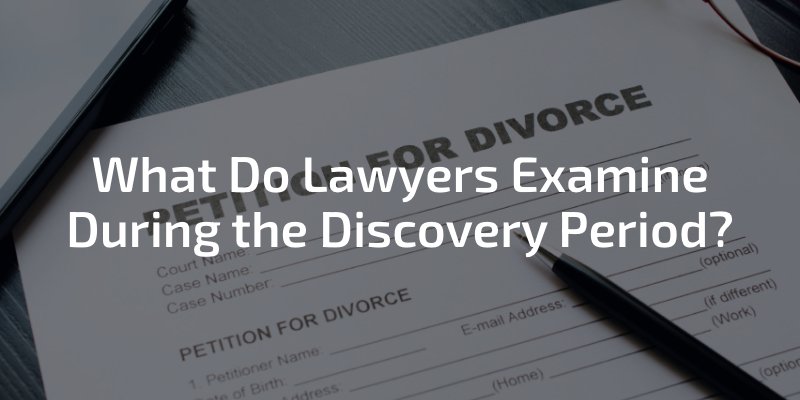During their routine daily lives, people rarely think twice about the store credit card they maxed out last Christmas or the stipend they received at work for taking an additional online business course. But during the divorce process, every financial move a person has made during their married life stops being a private matter and becomes a literal open book for their spouse and attorneys to poke, prod, and pour over.
No one relishes the idea of a detailed examination of their finances, but during the discovery process in a divorce, both parties must fully disclose their assets and debts. Divorce law in Colorado compels spouses to answer questions, produce documents, and exchange information with their spouse’s attorney during the discovery process.
What is Discovery During Divorce?
Colorado is an equitable distribution divorce state. Equitable distribution means all assets and debts spouses accumulate during their marriage are distributed between both parties after the divorce in a way that’s fair and equitable if not exactly 50/50. This requires both spouses to fully disclose their finances during the period between filing the divorce petition and the final hearing. At the final hearing, the divorce decree signed by both spouses, their attorneys, and the judge includes all relevant details about the distribution of marital assets as well as other orders for child custody, child support, and spousal support when appropriate.
During the discovery process, each spouse’s attorney may request financial records and documents from the other to build their client’s case for their share of the assets. The law compels each spouse to turn over any documents requested or else they face fines and serious penalties.
Is it Possible to Avoid the Discovery Process During Divorce?
The only way to avoid the invasive discovery process during divorce is to draft a settlement agreement with a spouse outside of court. When both parties in the divorce can agree on the division of their assets in a way that they’re satisfied with, they can form their own divorce settlement agreement outside of court. In most cases, a judge will simply sign off on the agreement unless it is egregiously unfair to one spouse or the judge has cause to suspect that one spouse signed under duress.
Once one or both spouses have a dispute in their divorce agreement and hire attorneys, they cannot avoid the discovery process. The attorneys’ jobs include a thorough examination of the debts and assets of both parties to build a case for their clients.

What Do Lawyers Examine During the Discovery Period?
During the preparations for the divorce hearing, during which the judge makes final decisions on all contested matters in asset division, each attorney examines the following:
- All financial accounts, including bank accounts, investment accounts, and credit cards
- Retirement accounts
- Real estate
- Income
- Assets
- Trust funds
- Possessions, including cars, boats, RVs, jewelry, artwork, collectibles, antiques, valuables, and electronics
- Life insurance policies
Attorneys also examine each party’s education and work history. These are relevant during discovery since they indicate each spouse’s ability to support themselves after the divorce. If one spouse put their own career goals on hold to support a spouse’s education and/or career or to raise a family and care for the home, they have a valid claim on a portion of the spouse’s income—or assets of equal value to that portion of income-since the court presumes that one spouse’s sacrifice made it possible for the other to advance their career.
Discovery and the Public Record
Some spouses choose to draft an out-of-court settlement agreement for an uncontested divorce so they avoid the complex discovery process. This also keeps their financial records from becoming a matter of public record and protects their privacy. Agreeing to terms outside of court and before hiring Denver family lawyers is the only way to avoid discovery during divorce.
